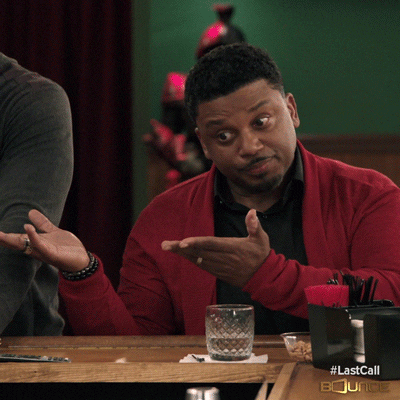34. New Yorker born and bred. Unapologetically Black. Transmasculine, gender noncorming, Queer POC. Lesbian. Certified Dapper Gent. Aspiring sugar daddy. Following my inner moonlight and trying to hide my madness. My blog is random but mostly comprised of queer fashion, cute animals, body positive posts, gay things, and Black things, and a little kink. I stand for Black lives, intersectionality, and all things inclusive. No fuckery please. Single and looking. Ask Me anything.
Don't wanna be here? Send us removal request.
Text





Beard things.
3 notes
·
View notes
Text
Reblog this if youre fat and cool
Im trying to see something
210 notes
·
View notes
Text
67K notes
·
View notes
Text
not to be dramatic but i would die for this cat
316K notes
·
View notes
Video
Come here so I can give you some Smooches
(Source)
29K notes
·
View notes
Text
448 notes
·
View notes
Video
“The fuck you doin’, Scott???”
“Sorry, dude, woke up a bit peckish this morning.”
“And you figured you’d satisfy your hunger by eating some …”
“Yeah.”
“Pussy.”
“Right.”
1K notes
·
View notes
Text
The camera captured the light reflecting off the water droplets of the steam at the right angle to make Magical Corn 🌽
114K notes
·
View notes
Photo

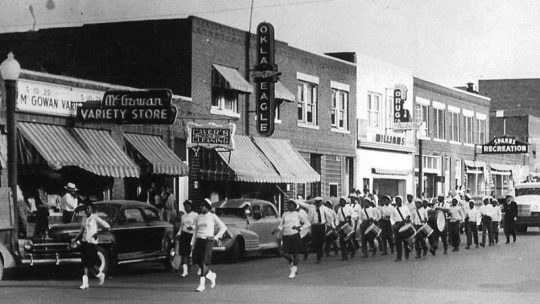
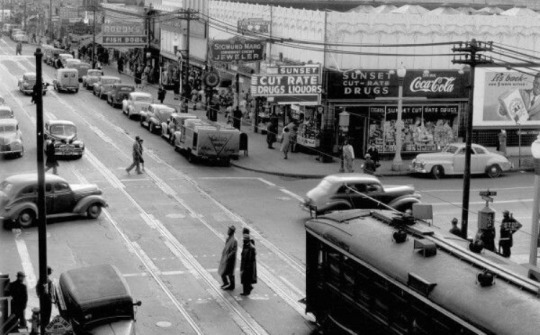
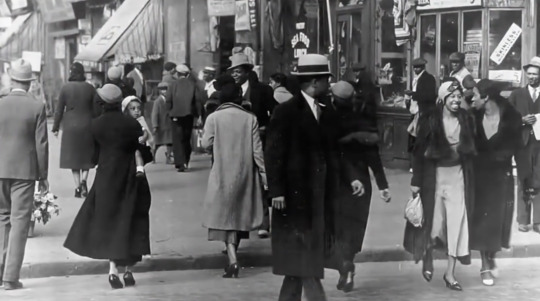
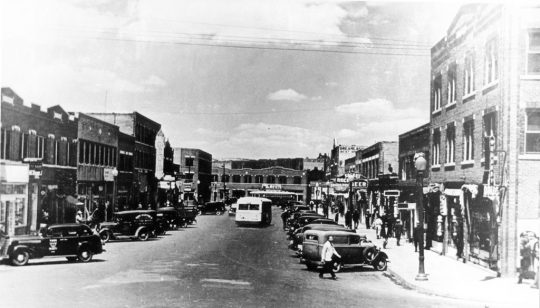

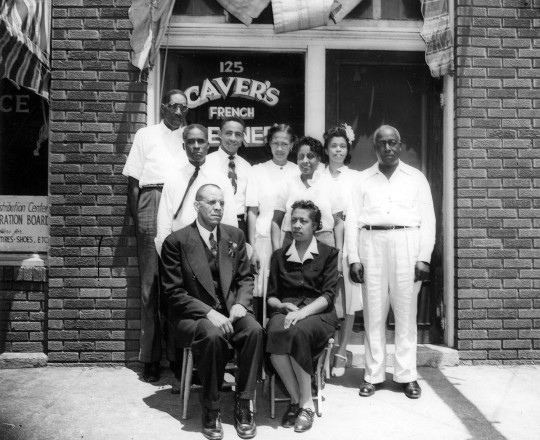
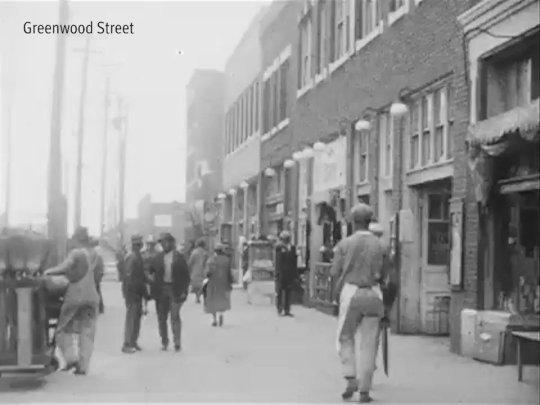
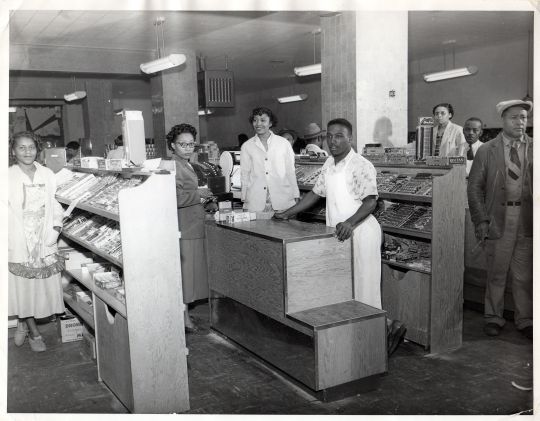
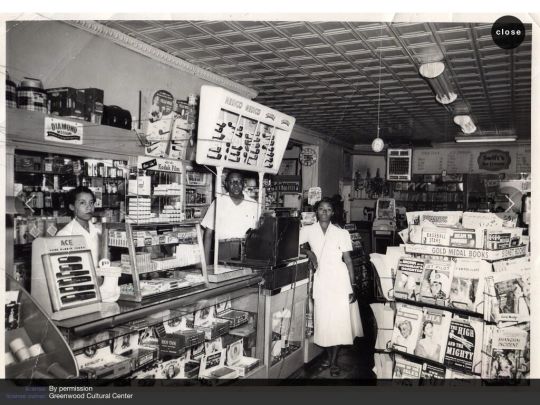
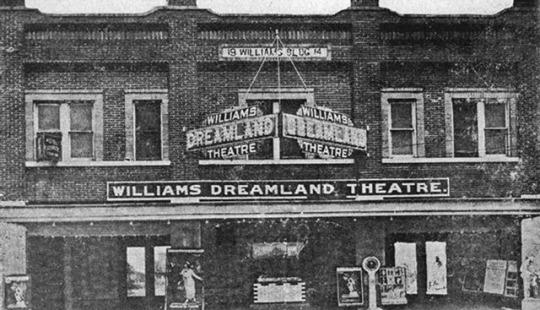
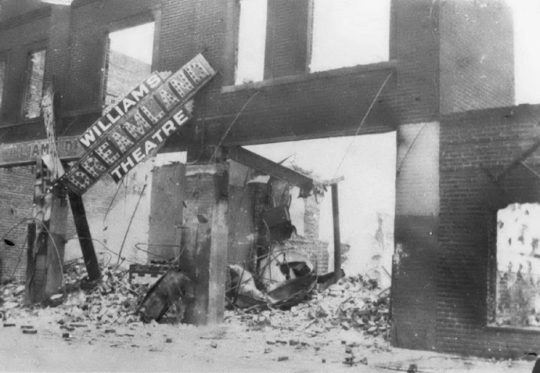


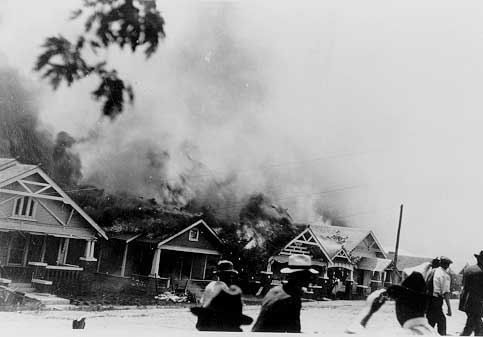

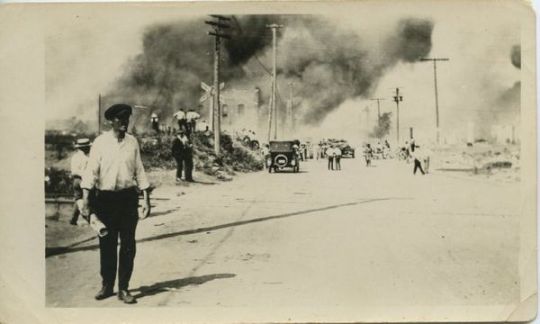
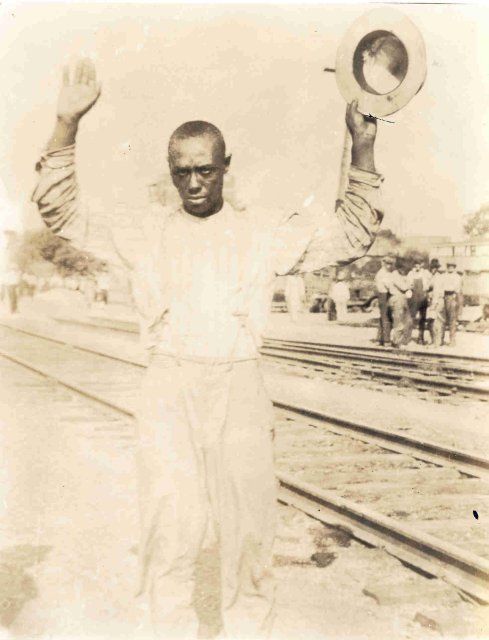
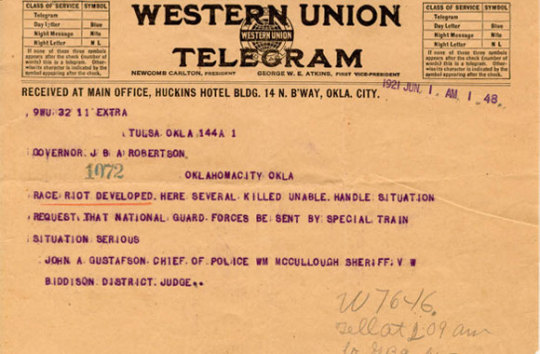
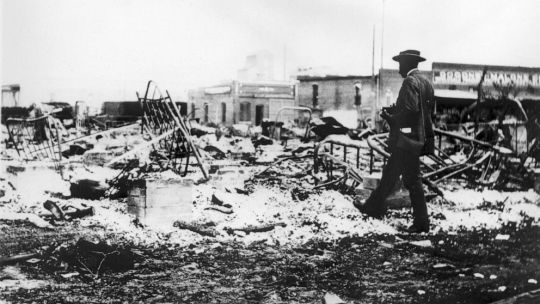

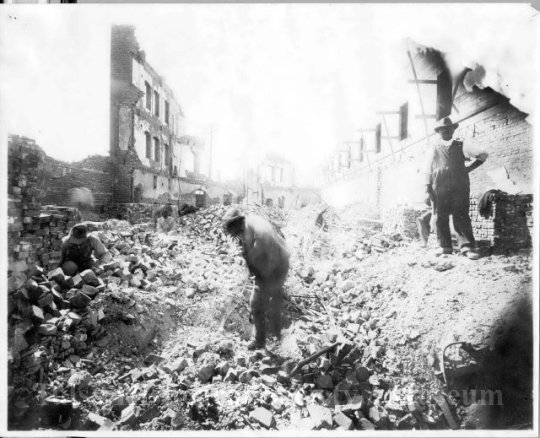
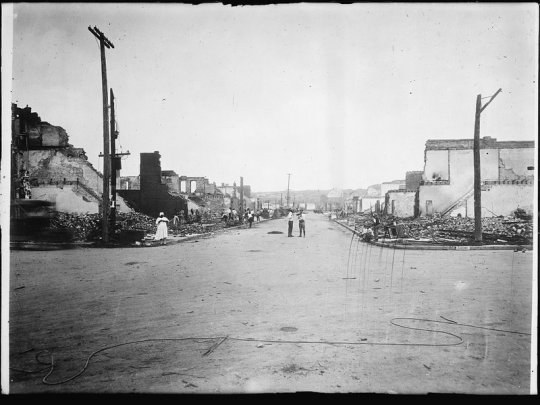
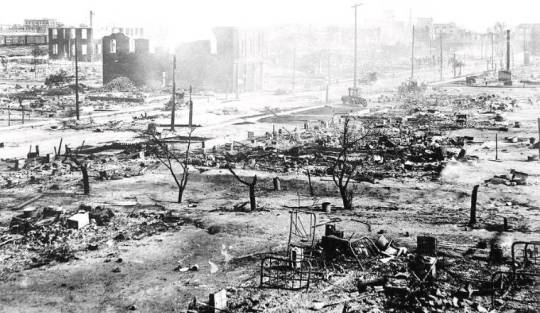
The Tulsa Race Massacre at “Black Wall Street” Took Place 99 Years Ago Today
In the span of about 24 hours between May 31 and June 1, 1921, a white mob descended on Greenwood, a successful Black economic hub in Tulsa, Oklahoma then-known as “Black Wall Street,” and burned it to the ground. Some members of the mob had been deputized and armed by city officials. In what is now known as the “Tulsa Race Massacre,” the mob destroyed 35 square blocks of Greenwood, burning down more than 1,200 black-owned houses, scores of businesses, a school, a hospital, a public library, and a dozen Black churches. The American Red Cross, carrying out relief efforts at the time, said the death toll was around 300, but the exact number remains unknown. A search for mass graves, only undertaken in recent years, has been put on hold due to the Covid-19 pandemic. Those who survived lost their homes, businesses, and livelihoods. Property damage claims from the massacre alone amount to tens of millions in today’s dollars. The massacre’s devastating toll, in terms of lives lost and harms in various ways, can never be fully repaired.
Following the massacre, government and city officials, as well as prominent business leaders, not only failed to invest and rebuild the once thriving Greenwood community, but actively blocked efforts to do so.
No one has ever been held responsible for these crimes, the impacts of which Black Tulsans still feel today. Efforts to secure justice in the courts have failed due to the statute of limitations. Ongoing racial segregation, discriminatory policies, and structural racism have left Black Tulsans, particularly those living in North Tulsa, with a lower quality of life and fewer opportunities.
On the 99th anniversary of the massacre, a movement is growing to urge state and local officials to do what should have been done a long time ago—act to repair the harm, including by providing reparations to the survivors and their descendants, and those feeling the impacts today.
Under international human rights law, governments have an obligation to provide effective remedies for violations of human rights. The fact that a government abdicated its responsibility nearly 100 years ago and continued to do so in subsequent years does not absolve it of that responsibility today—especially when failure to address the harm and related action and inaction results in further harm, as it has in Tulsa. Like so many other places across the United States marred by similar incidents of racial violence, these harms stem from the legacy of slavery.
There are practical limits to how long, or through how many generations, such claims should survive. However, Human Rights Watch supports the conclusion of the Oklahoma Commission to Study the Tulsa Race Riot of 1921 (recently renamed the Tulsa Race Massacre Commission)—a commission created by the Oklahoma state legislature in 1997 to study the massacre and make recommendations—that reparations should be made.
Read more
Some historians call this the “Tulsa Race Riot.” It was not a riot; it was a massacre strictly towards Black people. Calling it a “riot” takes the accountability off of white people and remixing their history…as usual. It was an ethnic cleansing at the hands of angry white mobs who took their asses over there to the Greenwood District to shoot and drop bombs (provided to them by government officials) on Black victims. They hated the existence of Black people succeeding, happy, minding their damn business, solely supporting Black businesses, and displaying economic growth that they couldn’t get their hands in. Still do.
The rest of that article above goes into extensive detail on the need for reparations and the aftermath (education, health, redlining, etc) for Black Tulsans now.
The video below from Vox goes into details “Black Wall Street” before the ethnic cleansing with footage included from that time, as well as the massacre itself and the aftermath. For example, white people distributed photo postcards of the ethnic cleansing as souvenirs:
youtube
Dr. Olivia Hooker was the last survivor of the Tulsa Race Massacre. She passed away in 2018 at the age of 103. She was a professor and psychologist for children. How interesting. Seeing something so traumatic done to your people as a child and dealing with PTSD to then go on and treat children. This was her:
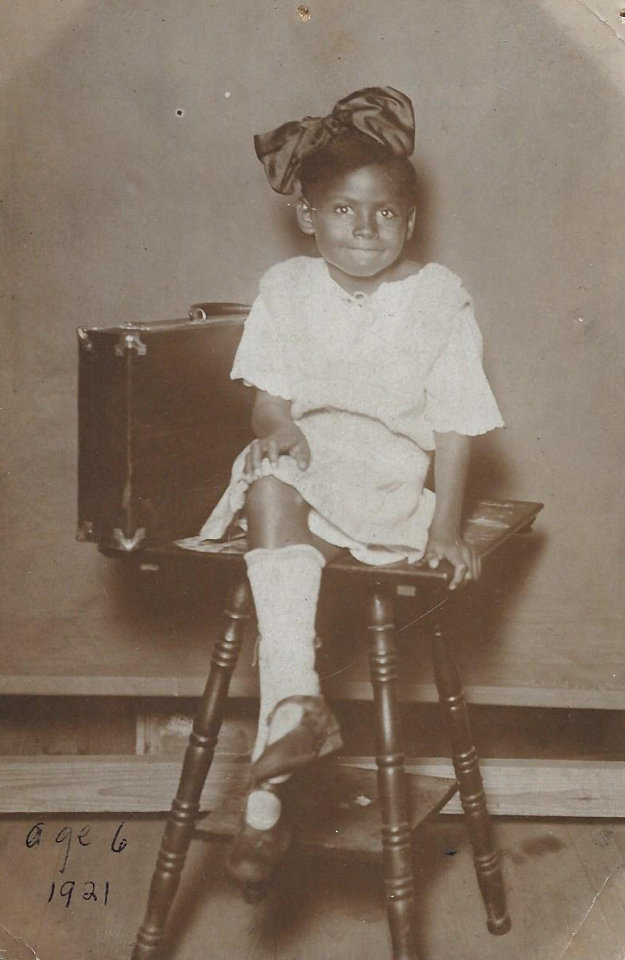

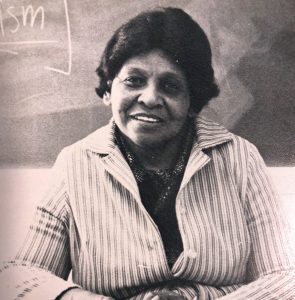
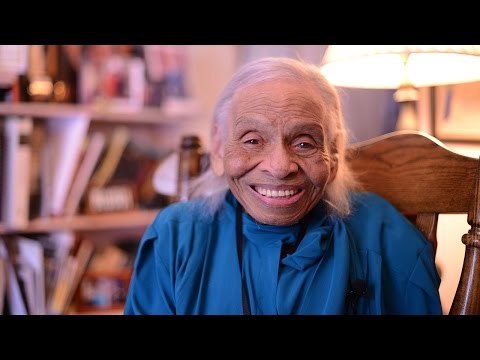
22K notes
·
View notes







